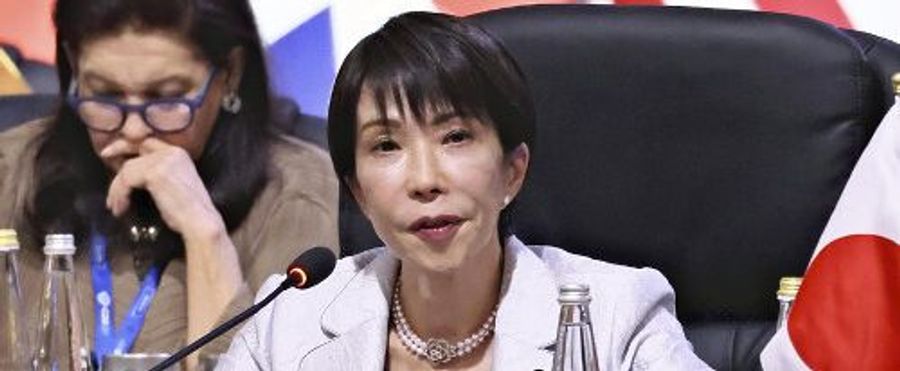There appears to be a postponement in the expected meeting between the leaders of Japan and China at the upcoming G20 summit. With international eyes on the summit, this delay signals potential differences in the two countries' political outlooks that need to be resolved. While it's uncertain why the meeting is deferred, it could be due to ongoing political tensions or scheduling issues.
In Japan, such postponements are often perceived as having significant implications. Japanese society places a high value on dialogue and consensus-building, making face-to-face meetings an important part of diplomatic relations. Also, China is a vital economic partner and political player for Japan, so any changes in their bilateral meetings are likely to arouse public concern and media interest.
In the US or EU, similar issues are often handled with transparency. Any delay or cancellation of international meetings is likely to be publicly addressed, with reasons provided. This promotes accountability and increases trust in the government. However, backchannel communications or undisclosed meetings are also not uncommon when dealing with sensitive diplomatic situations.

